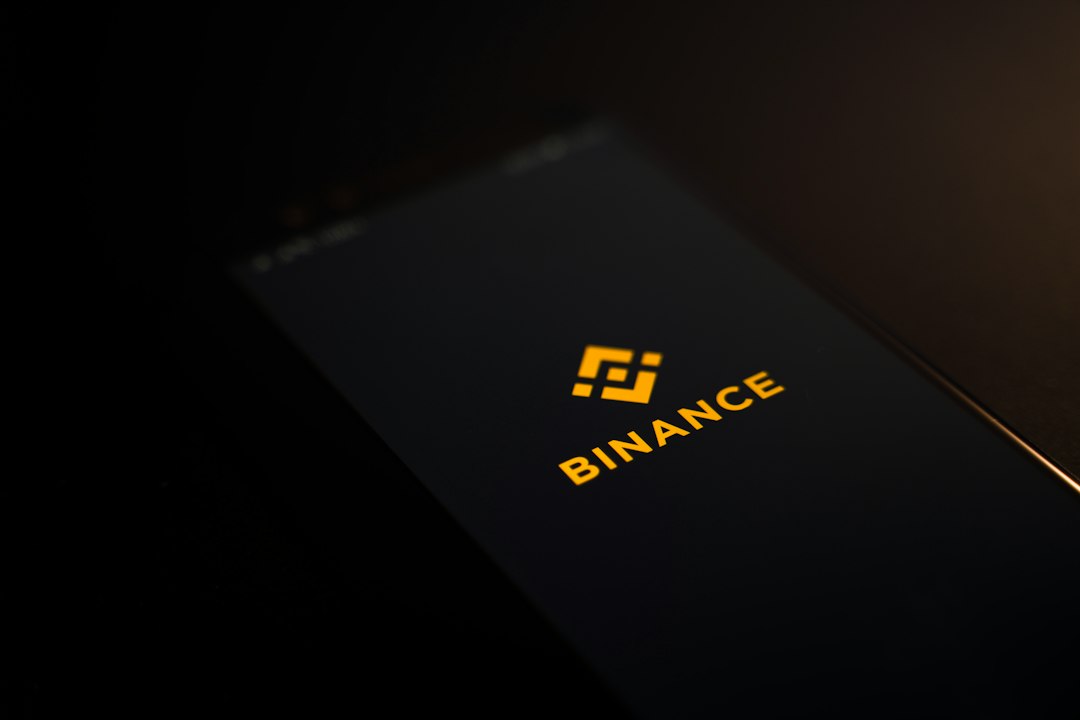Ripple Lawsuit: SEC’s Application for Appeal Denied
Ashley PROSPER, a prominent XRP influencer, shared a snapshot of the court’s decision after the SEC’s application for an interlocutory appeal was denied. The court ruled that Ripple’s sales of XRP are not similar to the Terraform case, contrary to what the SEC alleged.
Why Ripple and Terraform are Not Similar
Judge Analisa Torres based her judgment on the opinions of retail investors. In the Terraform case, it was possible for retail investors to believe that Terraform’s efforts would result in increased earnings for all holders. However, the court determined that this scenario did not apply to Ripple’s selling of XRP. Retailers would not expect that XRP sales would be reinvested in Ripple and the XRP Ledger to benefit all holders.
The court also highlighted that Ripple’s primary advertising materials targeted institutional investors, not ordinary investors. It concluded that programmatic buyers did not have the same motivation as institutional buyers to anticipate profits made on their behalf.
Why Ripple and LBRY are Not Similar
The court rejected the SEC’s allegation that there was a substantial difference of opinion about Ripple’s argument regarding its other distributions. The court stated that it could not draw conclusions about the LBRY court’s reasoning since it was never litigated.
Judge Torres noted that the SEC had referred to the SEC v. LBRY lawsuit to defend its position against Ripple. However, she pointed out that crucial elements of the Howey test, which were in doubt in the Ripple case, were not disputed in the LBRY case.
Hot Take: Court Highlights Differences Between Ripple and Other Lawsuits
The recent court decision in the SEC v. Ripple lawsuit has highlighted the differences between Ripple and other similar cases, such as Terraform and LBRY. The court ruled that Ripple’s sales of XRP were not comparable to the Terraform case, as retail investors would not expect their investments to benefit all XRP holders. Additionally, the court rejected the SEC’s argument that there was a difference of opinion regarding Ripple’s other distributions, stating that it could not draw conclusions based on a case that was never litigated. These distinctions emphasize the unique nature of the Ripple lawsuit and its potential implications for the cryptocurrency industry.





 By
By
 By
By
 By
By
 By
By

 By
By